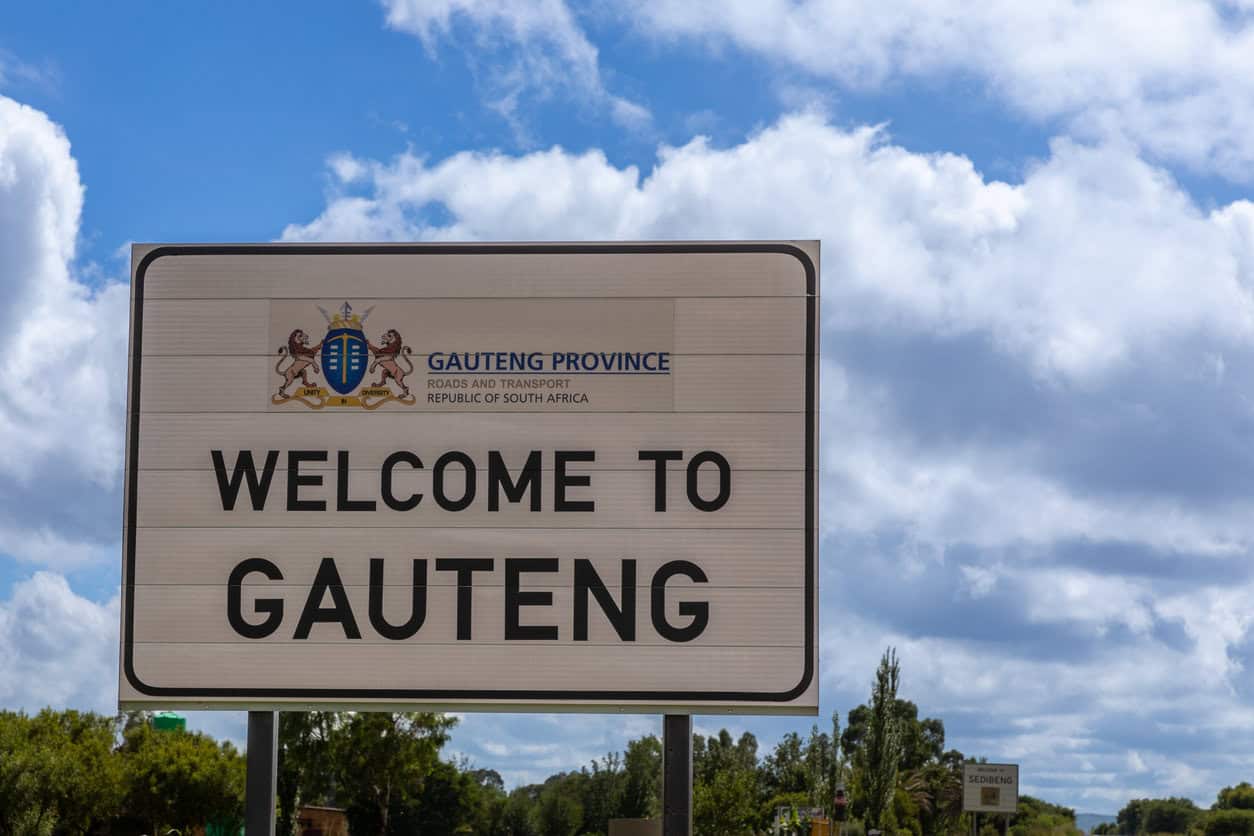Gauteng’s residents are poorer today than a decade ago, with unemployment soaring and investment fleeing.

Joburg was once the City of Gold, a gleaming metropolis whose skyline symbolised hope, jobs and prosperity for multitudes.
It didn’t merely power Gauteng city region’s economy; it was the economic heartbeat of South Africa.
In 2015, Joburg contributed around 40% of Gauteng’s gross domestic product (GDP). The province, in turn contributes about a third of the national total.
No nation can thrive when its economic heart is dying. The people of Gauteng are poorer per person today than 10 years ago, a direct result of ANC misrule and failing economic mismanagement.
Residents are “drowning in filth due to uncollected waste, pothole-infested roads, long grass, sewage, water challenges and power cuts” as colourfully put by The Star in 2023.
It’s the same all over the province, except in the municipality of Midvaal. Stats SA reports Gauteng’s official unemployment rate rose to 34.7% in the first quarter of 2025, up from 34.4% in the fourth quarter of 2024, while the expanded rate climbed to 40%.
Youth unemployment remains alarmingly high, at 62.4% for those aged 15 to 24. The effects are visible: shuttered shops, vacant factories and the quiet despair stalking townships across the province.
The key to growth is investment. Why do investors not invest? Number one factor is crime. Not only does crime deter investment, in many cases the target of criminals is public infrastructure.
Every cable stolen is a power outage somewhere. Every vandalised transformer is going to result in downtime for several businesses.
All of these add to the cost of the products and services we sell. Investors would rather invest where energy supply and other services are more reliable and those who do invest have to put in generators and constantly buy diesel, which adds to the cost of the goods we sell.
ALSO READ: OPINION | Put Johannesburg under administration
In the end, South African goods are too expensive and we lose market share to our competitors. Consequently, our companies go out of business, and jobs are lost.
Since 2016, Joburg has endured the upheaval of nine mayors because easily bought councillors in small parties caused relentless instability in fragile coalitions.
Alarmed by policy unpredictability, investors have fled, eroding the city’s prospects. Our two other metros – Ekurhuleni and Tshwane – have suffered under ANC misgovernance and squabbles over patronage.
Factories that once roared with productivity now stand silent as criminal syndicates strip copper cables from infrastructure, paralysing industry and costing jobs.
Tshwane, our nation’s capital, is burdened by high-level corruption. Deputy mayor Eugene Modise, an ANC councillor, is under intense scrutiny over R21.7 million in unpaid municipal bills on properties tied to his business interests.
Joburg’s deterioration is an example of the broader crisis facing Gauteng under the ANC’s dysfunctional administration, where cadre deployment, corruption and poor governance hollow out the province’s economic foundations.
Gauteng, South Africa’s economic engine, is seizing up. Its failure will cost all of us, regardless of political affiliation.
Small businesses are collapsing under the burden of red tape, corruption and persistent service delivery failures.
A 2023 peer-reviewed study in the South African Journal of Entrepreneurship and Small Business Management found that small, medium and micro enterprises in Gauteng struggle due to infrastructure constraints, leadership shortages, financial pressures, and, critically, high levels of crime and corruption.
Gauteng stands at a crossroads. Years of decay, corruption, and neglect have brought our province to the brink.
ALSO READ: Tshwane and Joburg squeeze residents for cash






